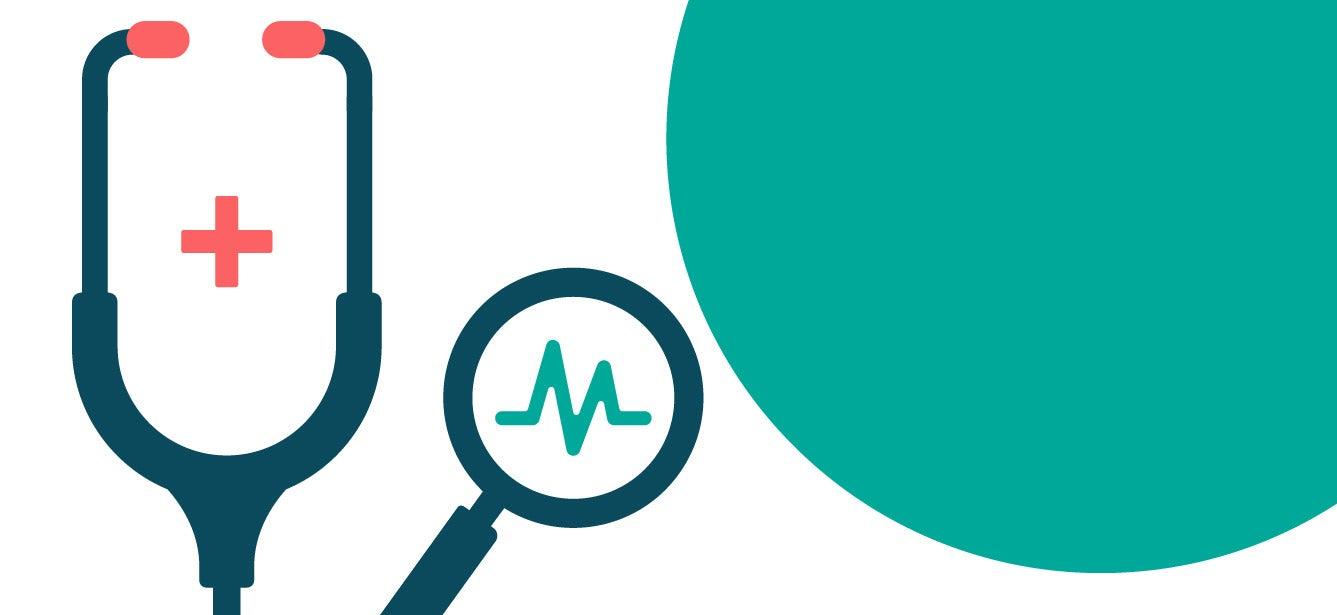
Related Topics
Everyone needs comprehensive health insurance. Medicare helps meet that need for adults 65 and older. But if you’re not yet Medicare-eligible, what options do you have? Qualified health plans may be a good choice.
“It’s important for older adults to know all their benefit options so they can make informed decisions about coverage,” said Jessica Johnston, Senior Director of the NCOA Center for Economic Well-Being. “Health insurance should cover essential services and qualified health plans must do that.”
What is a qualified health plan?
A qualified health plan (QHP) is a health insurance policy that meets the requirements set by the Affordable Care Act (ACA). QHPs are sold online or by phone in federal- or state-run forums called Health Insurance Marketplaces.
If you don’t have health insurance through a job, Medicare, or Medicaid, you can choose a QHP from the Marketplace during annual open enrollment. You may be eligible to buy a plan outside of open enrollment if you lose your health coverage, get married, or have another qualifying life event. Find out where you can shop for a QHP: The Marketplace in Your State.
What are the ACA requirements for qualified health plans?
Qualified health plans must follow cost-sharing limits and provide these 10 essential health benefits:
- Ambulatory patient services (outpatient care you get without being admitted to a hospital)
- Emergency services
- Hospitalization (like surgery and overnight stays)
- Maternity and newborn care
- Mental health and substance use disorder services including behavioral health treatment (this includes counseling and psychotherapy)
- Prescription drugs
- Rehabilitative and habilitative services and devices (services and devices to help people with injuries, disabilities, or chronic conditions gain or recover mental and physical skills)
- Laboratory services
- Preventive and wellness services and chronic disease management
- Pediatric services, including oral and vision care (but adult dental and vision coverage aren’t essential health benefits).
What does cost sharing mean in a qualified health plan?
Cost sharing refers to your out-of-pocket expenses for health care services. These include deductibles, copayments, and coinsurance.
Is cost sharing the same in all QHPs?
How much you pay depends on the category of the QHP, and the type of policy. QHPs are offered at the Bronze, Silver, Gold, and Platinum level of cost-sharing and people who are insured pay, on average, 40%, 30%, 20%, and 10% of the cost of health care services, respectively.
Bronze QHPs have the lowest monthly premiums but highest out-of-pocket costs. Platinum plans have the highest monthly premiums and lowest costs for care. You can learn more about these “metal levels” in How to Pick a Health Insurance Plan.
There is also a Catastrophic plan choice for people under 30 or over 30 who qualify for an ACA hardship or affordability exemption.
Are there ways to save money on qualified health plans?
When you apply for a health insurance plan, you will find out if you qualify for a premium tax credit that will save you money on your monthly premium. You’ll also find out if you’re eligible for cost-sharing reductions (CSR), also known as “extra savings.” Cost-sharing reductions can save you money on your out-of-pocket costs. (Learn more about Saving Money on Health Insurance.)
Eligibility for these discounts is based on your estimated annual household income. You can see if you may qualify, or are eligible for Medicaid, using a Healthcare.gov online tool. There’s also a tool to help you calculate your annual income.
Can someone with Medicare have a QHP?
QHPs are typically not for people with Medicare. In most cases, people who have a QHP and become eligible for Medicare withdraw from their QHPs and enroll in Medicare. (There’s more on how to do that below.)
If you have a QHP and are becoming Medicare-eligible, here are a few important things to know:
- No Medicare coverage is sold through the Marketplaces, and it is illegal for someone to sell a QHP to a person that they know has Medicare.
- In most cases, people with Medicare aren’t eligible for cost assistance to help pay for QHP premiums.
- In many cases, when someone is eligible for Medicare but does not have it, the insurance they do have can refuse to cover most if not all of their health care costs.
- People are likely to experience gaps in coverage and have to pay premium penalties if they delay enrolling in Medicare or withdraw from Medicare and instead choose a QHP.
Are there any reasons to delay Medicare enrollment and stay in a QHP?
There are a few circumstances in which a person might choose to choose to delay Medicare enrollment to stay in a QHP. Healthcare.gov says you might choose a Marketplace QHP instead of Medicare:1
- If you’re paying a premium for Part A (Hospital Insurance). In this case, you can drop Part A and Part B (Medical Insurance) and get a Marketplace plan instead. (Part A won’t cost you anything if you’ve worked 40 quarters.)
- If you’re eligible for Medicare but haven’t signed up. This could be because you’d have to pay a Part A premium; you have a medical condition that qualifies you for Medicare, like end-stage renal disease, but you haven’t signed up for Medicare coverage; you’re not collecting Social Security retirement or disability benefits before you’re eligible for Medicare.
You can learn more at Medicare and the Marketplace, Changing from the Marketplace to Medicare, and Health Coverage for Retirees.
How do I withdraw from a qualified health plan?
You should notify a state or federal Marketplace representative at least 14 days before your Medicare coverage begins. It is helpful to know the start date of your Medicare coverage and to request that the end date of your Marketplace coverage be the day your Medicare coverage begins. This will help you avoid a gap in coverage or paying double premiums for overlapping coverage.
Will my Marketplace plan notify me when it’s time to sign up for Medicare?
A QHP may not let you know when you become eligible for Medicare. You should plan to enroll in Medicare during your Initial Enrollment Period (IEP). You can find more information online or by calling the Social Security Administration at 800-772-1213 (TTY 800-325-0778) between 8 a.m. and 7 p.m. in most U.S. time zones. You can also apply online.
Where can I learn more about Medicare?
Stay current and get the information you need by following NCOA’s ongoing coverage of Medicare for Older Adults.
Sources
1. Healthcare.gov. Medicare and the Marketplace. Found online at https://www.healthcare.gov/medicare/medicare-and-the-marketplace/




